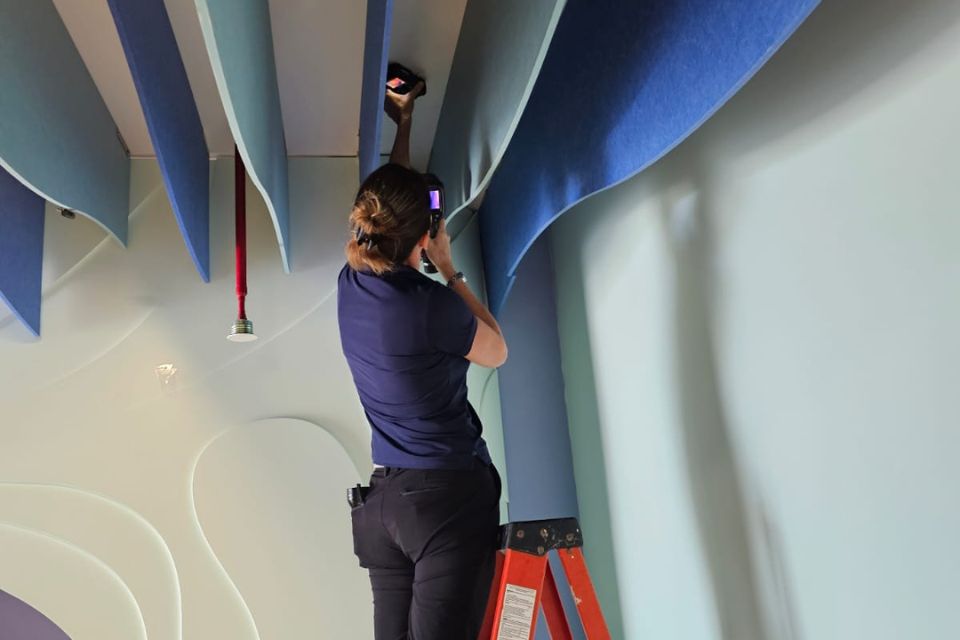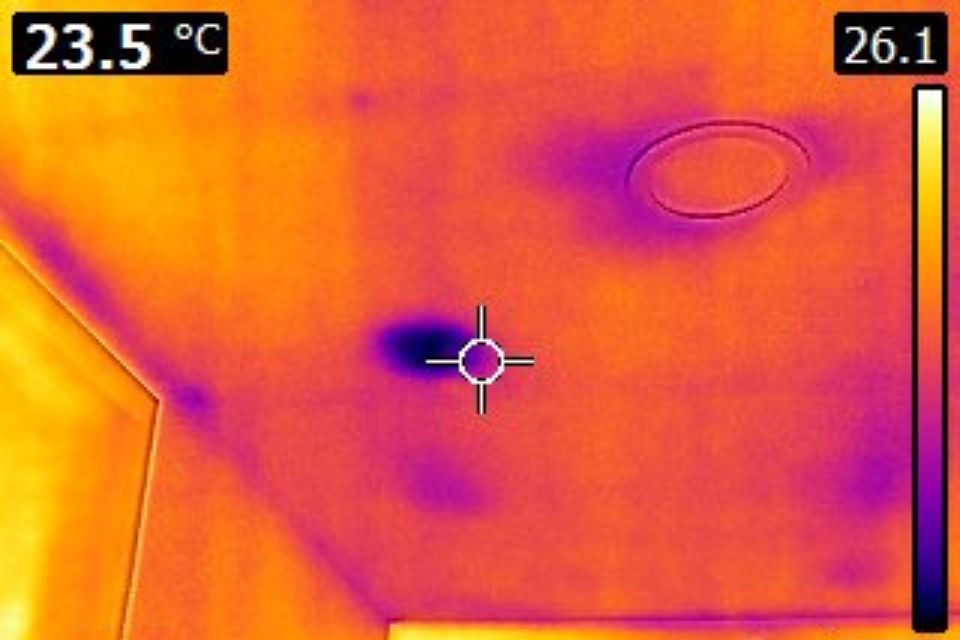Our Services
Our inspections are performed with great care and attention to detail.

Residential Inspections
The purpose of an inspection isn’t just to find problems with the house; It’s also about making sure that you don’t buy something that will cost more than you think, or cause other headaches down the road. If you’re planning on purchasing a brand-new home, then hiring a home inspector could save you thousands of dollars. It will also help you understand the property you want to buy and the possible defects. A home inspection can improve your confidence as a buyer or a real estate agent.
5 Reasons to Get a Home Inspection:
- Comprehensive Inspections: We leave no stone unturned. From the roof to the foundation, we meticulously evaluate every aspect of the property to ensure you have a complete understanding of its condition.
- Advanced Tools: We use the latest tools, including thermal imaging and moisture meters, to detect issues that might not be visible to the naked eye.
- Detailed Reports: Our easy-to-read reports include clear photos, actionable insights, and expert recommendations, helping you make informed decisions.
- Unbiased Insight: We work exclusively for you, with no ties to real estate agents or contractors. Our inspections are 100% objective.
- Peace of Mind: Knowing the true condition of a property empowers you to negotiate better deals, plan for repairs, or move forward confidently.

Commercial Inspections
A commercial building inspection helps you identify potential problems before they become expensive repairs or even worse, an unsafe structure. It also gives you peace of mind knowing that your property is safe for tenants and visitors. This type of inspection is required by law in most states. Whether you’re looking for a quick turnaround or a comprehensive inspection, our certified property inspectors are ready to serve you.
Your commercial building inspector will examine the entire building, including the roof, foundation, plumbing, heating/cooling, electrical system, fire suppression, sprinkler systems, elevator inspections, air quality testing, asbestos abatement, and much more.
Benefits of a Commercial Building Inspection
A commercial building inspection can be useful for a variety of reasons, including:
- To ensure that the building is safe for occupants and meets all necessary building codes and regulations.
- To identify any concerns that could negatively impact the building's value or functionality.
- To provide a basis for negotiating repairs or maintenance with the seller before purchasing a building.
- To provide a record of the building's condition for future reference.
- To help with planning renovations or other improvements to the building.

Thermal Imaging
The purpose of an infrared scan is to find hidden issues and catch them before they become a major problem. Thermal imaging is an advanced & newer technology that inspectors use to get temperature details about a home, and assess how protected against environmental elements the home is. With the use of our infrared camera, we can help identify moisture, insulation, electrical, HVAC concerns, and more.
Thermal Inspections Can Reveal:
Thermal imagery provides an immediate look at your home’s condition, without having to tear anything apart to see inside the walls.
- The placement of studs and rafters that might not be up to code.
- Water penetration into roofs and ceiling surfaces.
- Moisture build-up in building materials.
- Detection of missing or insufficient insulation.
- Electrical issues at points like breaker boxes, outlets, and switches.
- Plumbing & piping and their proper/improper installation.
- Impact on energy efficiency.
- Pests and infestations.

Pool Inspections
A pool inspection is one of the most important steps in owning a swimming pool. We are licensed and insured to inspect residential swimming pools and spas, commercial swimming pools and spas, and water features such as fountains and whirlpool tubs. Our inspection process includes a thorough visual examination of the equipment and components of the system. We also measure the depth of the water, check the pH level, and test the water temperature. We provide you with a comprehensive report including photos and recommendations for repair or replacement if necessary.
What is a Pool Inspection?
A pool inspection should be performed every few months, or whenever there are major structural changes made to the pool. The purpose of a pool inspection is to check the safety of the pool and make sure it meets state regulations. Some of the most common components we check are:
- Water Quality Testing - We test water samples from around the pool.
- Pumping System - We check the integrity of the pump and filter systems.
- Drainage - We examine the drainage piping.
- Electrical Wiring - We provide a quick overview of the electrical panels and connections.
Frequently Asked Questions
Buying or selling a home can be a stressful experience, but we’re here to ensure you know what to expect during your home inspection.
A home inspection includes checking for any structural issues such as foundation cracks, roof leaks, plumbing issues, electrical wiring, heating/cooling systems, insulation, windows, doors, chimneys, etc. Depending on how big the property is, a home inspection typically takes 2-3 hours.
Ensure all inspection points are free from clutter, including any closets that might lead to a crawlspace or attic, and clearing some space around your home’s perimeter. It’s also important to check the functionality of all built-in appliances, electric, and gas. If you don’t plan to attend the inspection, make sure your inspector has access to the home, and all pets are properly contained or moved.
A home doesn’t pass or fail an inspection. Instead, a home inspection is a thorough audit of your home’s components. In most cases, there will be concerns marked on your home inspection report, but these are strictly informative.
While you can legally skip a home inspection in many cases, doing so could mean you may end up buying a home that has major issues that need to be fixed.
While a home inspector may recommend some minor repairs, they are not qualified to make major repairs. He or she can provide information about what needs to be repaired — and it might be helpful to know that information — but the decision to actually do the work lies solely with the homeowner. Not only does this give you the freedom to choose your contractors, but it also helps prevent a conflict of interest.
A home inspection can affect appraisals for two reasons: 1) The inspector may find something wrong with the property that would lower the value of the home, 2) The inspector may find things that need repair which could increase the value of the home. If the inspection finds issues that require repairs, then the seller has to decide whether they want to fix them themselves, or hire someone else to do it. If the buyer wants to purchase the home, he/she must be willing to pay for those repairs.


